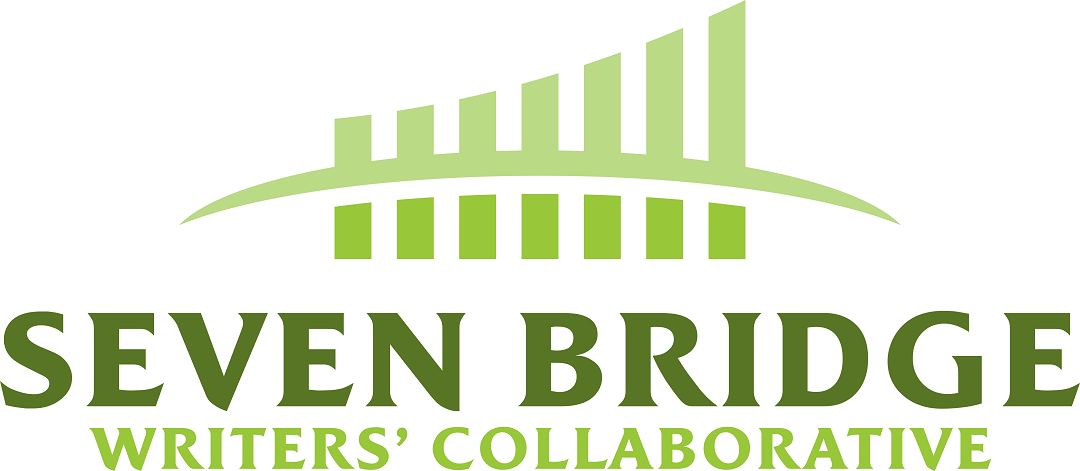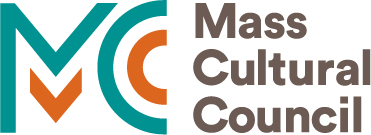The third weekend in April 2019, on Saturday the 20th, SBWC will host All the World’s a Stage, where poet, author, and dramatist, James Nicola will facilitate a workshop, Playing the Audience: The Practical Guide to Live Performance, during the day. SBWC’s Paula Castner spoke with James to talk about his experiences as a writer and dramatist and about his workshop.
(PAULA CASTNER) Please begin by telling us a little about yourself and the book which is the basis for the workshop.
(JAMES NICOLA) I compose songs as well as write plays, musicals, articles, reviews, and poetry. Many readers have remarked that my craft as a composer helps make all my work lyrical, whether it be dramatic dialogue, prose, or poetry. My book, Playing the Audience: The Practical Actor’s Guide to Live Performance, shares many trailblazing theater techniques I developed as a stage director, which I actually used for quite a few productions in Worcester and Fitchburg, by the way.
Since my book won a Choice magazine award, it can be found in many libraries; it is also available for purchase on-line. Recently I have adapted these techniques for performing poets and other authors who present their work to a live audience. “Being present is the present,” after all which is just one of the many performing tips in the book.
(PC) What can folks expect at the workshop?
(JN) First, I will introduce several concepts participants might want to keep in mind when reading aloud, reciting, or performing. Then we will break out into a master-class-style interactive coaching session, directly applying them to the attendees and their own work. People who register for the workshop should plan to bring a short piece of writing to practice performing out loud. If they wish, memorized, but it is also fine if it is not.
(PC) Writers and people who are not writers or performers might wonder about attending a “performance” workshop. What would you say they can glean from attending your workshop?
(JN) How do you transform the written word to the spoken one, delivered in the most exciting way possible? This workshop will empower writers to convey their work personally, passionately, clearly, and compellingly. Even for people who are not authors, it could prove invaluable should they find themselves about to address an assembly, a courtroom, a town meeting, or the like. For people who are authors, it will help them present their material with such an electrical charge that their audience may very well be jolted into buying one of their books.
(PC) You are poet, a prose writer, and a performer. Are there elements within each of these which cross-over into one another? What can prose writers learn from poets and performers? Is there anything valuable that prose writers and performers offer to poets?
(JN) Through the concepts outlined in Playing the Audience – “Meaning,” “Stakes,” “Shape,” and “Theatricality,” to name a few – today’s performing author can take seemingly ordinary words and deliver them as moments that are rich and special. Conversely, you can make dense or highly experimental writing easy to understand.
In nonfiction, meaning is generally conveyed by the words; in poetry, it tends to be contained by the words, and lies in the “white space.” How can you “say” something that is actually “unsaid”? That is one of the hallmarks of brilliant acting, but it is also the goal in reading aloud as you fill your words with sparks of life.
Another element fundamental to effective performance is “connection”: to the space, to your audience, to the material, and to your “instrument,” which includes your voice, your breath, your mind, your eyes, your body, and your soul. Once you’re connected, your words can start to turn into—electricity.
Of course, a few other things are involved, too. At the workshop people will find out what.
If someone is a “performance poet” or likes to compete at slams, this workshop might be precisely what they need to bring their performance to new levels.
(PC) For All the World’s a Stage, we are presenting several other workshops besides yours on songwriting, how to write ten-minute plays and how to write musicals. Do you think there are benefits for writers of different genres to attend such workshops, and if so, what might they be?
(JN) All of these disciplines help with that essential element of writing: “diction,” meaning “word choice”. Our most poetic playwright, Tennessee Williams, was an avid poet, too, and could he write dialogue! What all of these genres share, in performance as well as in writing, is that you want to generate involvement, movement, even suspense, and it must grow over time. So, go ahead and sign up for the whole day of workshops! After all, you don’t want to lose your audience for a second.
More information about Drama Day, its workshops and presenters,as well as registration materials can be found at
All the World’s a Stage

